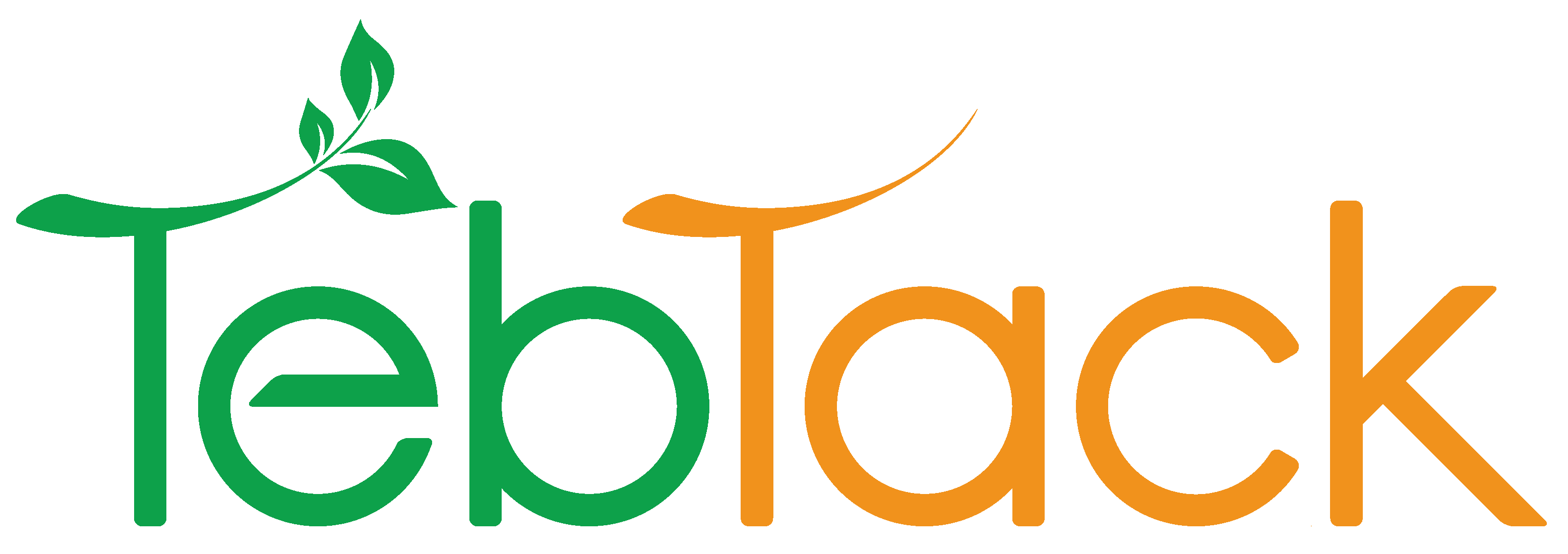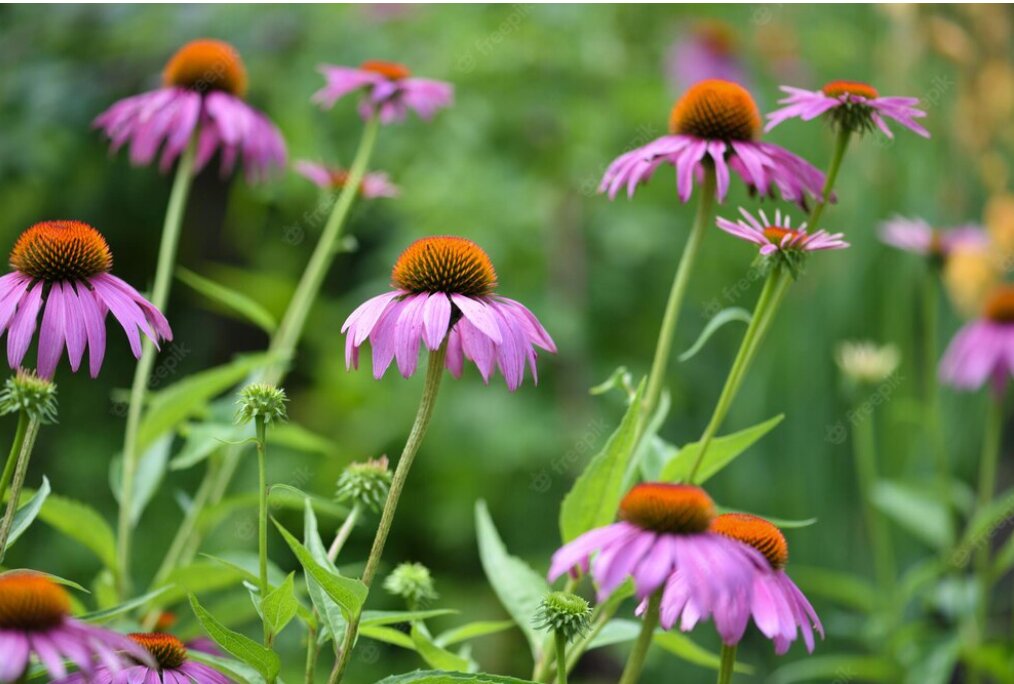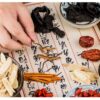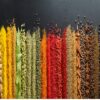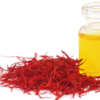You have come down with a cold, again. You have tried everything. Decongestants, cough syrups, even some Advil too, but nothing seems to work. Resisting the temptation to throw in the towel, you wonder: Could an herbal remedy like echinacea alleviate your symptoms?
What is Echinacea?
Echinacea is a member of the daisy family of plants and is widely used as a herbal remedy today. It is a wild, perennial coneflower that predominantly grows in North America. Its height can reach 50 to 150 cm and its leaves demonstrate serrated margins. The ray florets of echinacea are primarily pinkish-purple, and less commonly yellow and white. The name echinacea is inspired by echinos, the Greek word for hedgehog, as the plant is characterized by the prickly scales found on its cone-shaped seed head.This wildflower does not require much pesticide, herbicide, or chemical fertilizers and this quality alone, renders its extract an attractive herbal remedy. Some of its common names include purple coneflower, Black-Eyed Susan, and Black Sampson. Although there are nine known species of echinacea, three are most commonly used for their medicinal effects: Echinacea angustifolia, Echinacea pallida, and Echinacea purpurea.
What is Echinacea used for?
For centuries, echinacea was used by the Native Americans to treat scars and infections, although its consumption in the United States significantly declined after the discovery of antibiotics. In the 21st century, some studies in Germany suggested its use as a supplementation could be beneficial in alleviating the common cold and flu symptoms. Some studies have also associated its use with boosting the immune system due to the proliferation of white blood cells which assist the body in fighting infections and viral diseases. Other reviews indicate that it can act as an analgesic, anti-inflammatory, and anticarcinogenic agent.
Current evidence suggests that the duration and severity of acute respiratory tract infections may decrease with echinacea supplements, however, its role in prevention or treatment of COVID-19 is not supported by scientific evidence.
What are the side effects of echinacea?
Echinacea causes allergic reactions in a subset of the population that range from developing a rash, exacerbation of asthma symptoms, and anaphylaxis in more severe cases. People with allergies to echinacea should also stay away from ragweed, chrysanthemum, and marigold, all of which are members of the daisy family of plants. However, the risks of using echinacea as a herbal treatment are generally low for most people. Digestive tract symptoms, such as stomach ache or nausea are the most common reported side effects.
Additional precautions
As with most other treatments, taking precautionary measures during pregnancy or nursing is absolutely necessary, since the risks associated with echinacea consumption while pregnant or breastfeeding remain uncertain. Interactions of echinacea with other drugs should not be underestimated, either. The combination of echinacea and antifungal agents, as well as medications for heart conditions could potentially cause liver damage. It is best to err on the side of caution and not take echinacea for more than eight weeks at a time because its long-term safety remains to be studied.
So, does echinacea work for your cold?
Today, echinacea leaves, stems, flowers, and even roots are commonly used to prepare teas, liquid extracts, and dietary supplements. In terms of the effectiveness of echinacea against the common cold and flu, studies have had inconclusive results. Several reviews have found that it is almost ineffective in preventing colds, but useful in decreasing the severity of one’s symptoms. Conducting an Inter-study analysis is challenging because each study has examined different types or potencies of echinacea. Also, the therapeutic effects of echinacea vary depending on which part of the echinacea plant was used to extract the active ingredient.
Final Word
Consulting with your doctor is the first step in using echinacea or any other alternative treatment. If you decide that echinacea is the right treatment for you, keep in mind that the regulatory procedures for approving dietary supplements are usually significantly more lenient compared to synthetic medications. Thus, finding a company that is vigilantly testing the quality of its medicinal herbs is imperative. Should you decide to purchase high quality echinacea, allow us at TebTack Inc. to be the proud supplier of your medicinal herb demands. Click on the link and let us deliver the best herbal solutions for your personal consumption, and/or business needs.
